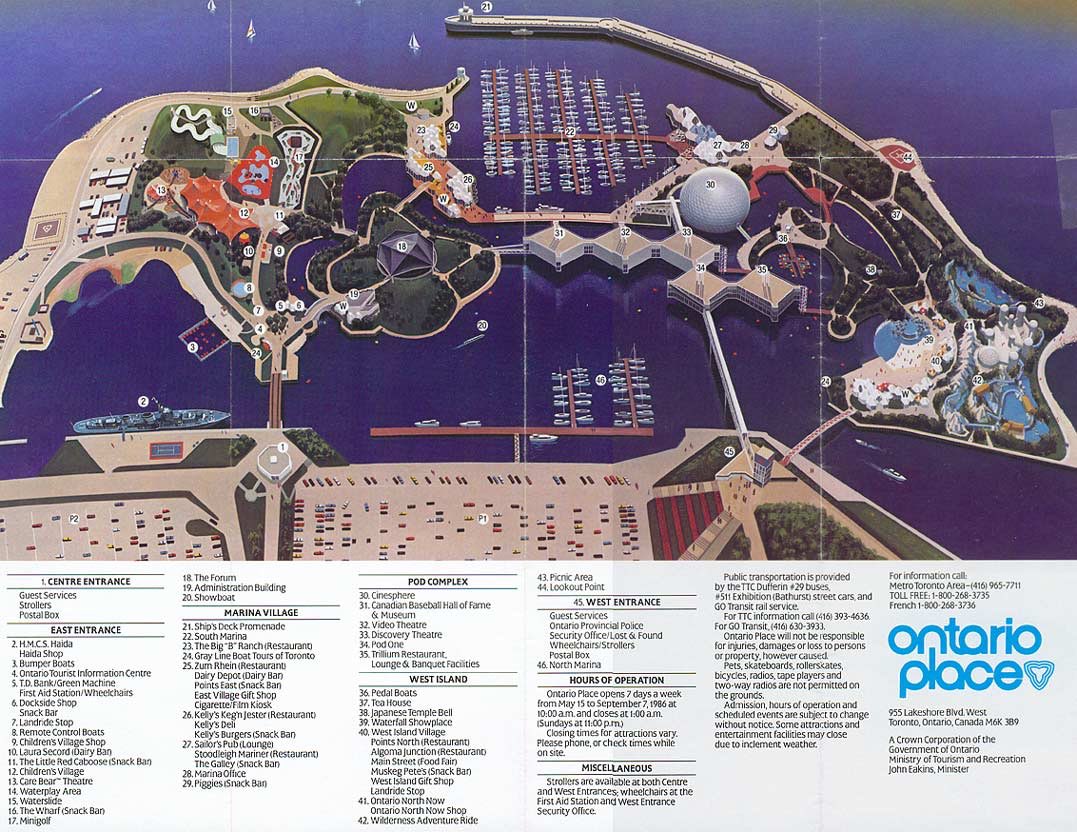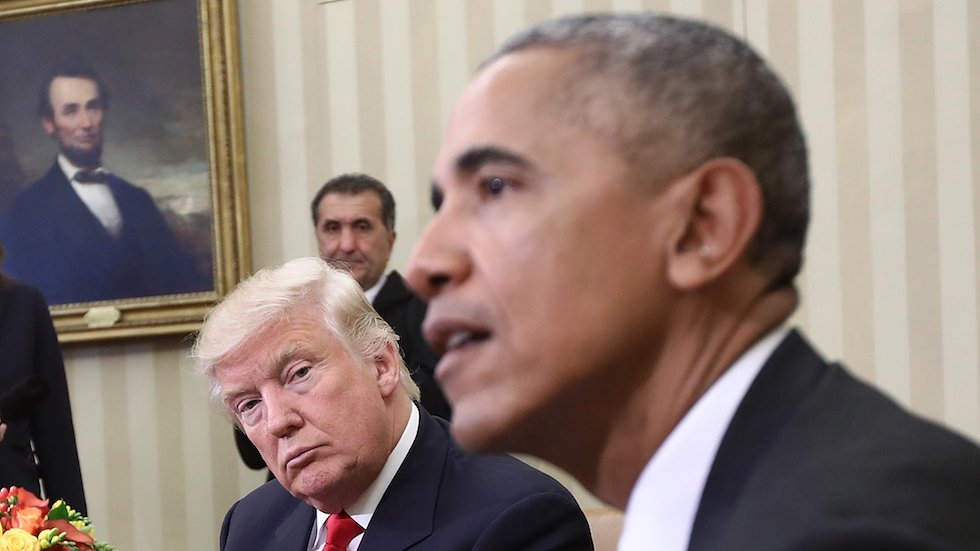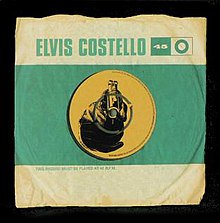Can we talk about the “incredibly challenging budget year given the $80 million shortfall in land transfer tax revenue”?
For the last half-decade, that presentation has included a warning related to the need for sustainable revenue sources, and over-reliance on land transfer tax revenue growth.
“...the new normal for the City has been a budget that has been able to be balanced on the basis of very, very strong performance in land transfer tax....”
“We are now in a situation where, if you want to make incremental progress against either the capital overhang or in terms of...an increase in service investments, we will need to revisit some of these tools” (revenue sources other than MLTT)
“We are increasingly dependent on a revenue source that is cyclical, and has demonstrated strong cyclical behaviour in the past, And we need to think about that and take that seriously as decision-makers”
(did you miss that in 2017, @JohnTory?)
“...and that is the core, that is the basis of this year’s operating budget”
Also a note that the residential market had softened, and revenue growth was carried by the commercial market.
“If land transfer tax goes down, it will be a very challenging year. The reason that 2018 works is because land transfer tax has increased. If land transfer tax simply stays constant....this would be a much different budget.”
“if land transfer tax were to decline, the City of Toronto would in fact be in a position where it may actually have to cut or manage the impact on current service levels”
...or whether they want to manufacture conditions for just that.
So maintain levels if we keep winning the land transfer tax lottery, or declining levels when we inevitably stop cashing those tickets.
- land transfer tax is volatile
- dependence on LTT to manage the gap between revenues & service commitments is unsustainable
- we need to talk about revenue sources.
Mayor @JohnTory, budget chief @CllrCrawford, and their enablers on Council have wilfully mismanaged the City’s finances, continually ignoring, over a period of years, the non-partisan advice of the City’s chief bureaucrat.
Those who can afford it least.
People who depend on transit, households that use rent banks, youth that might benefit from new hubs...
That’s who pays the price.
It’s the fiscal version of SmartTrack.



















